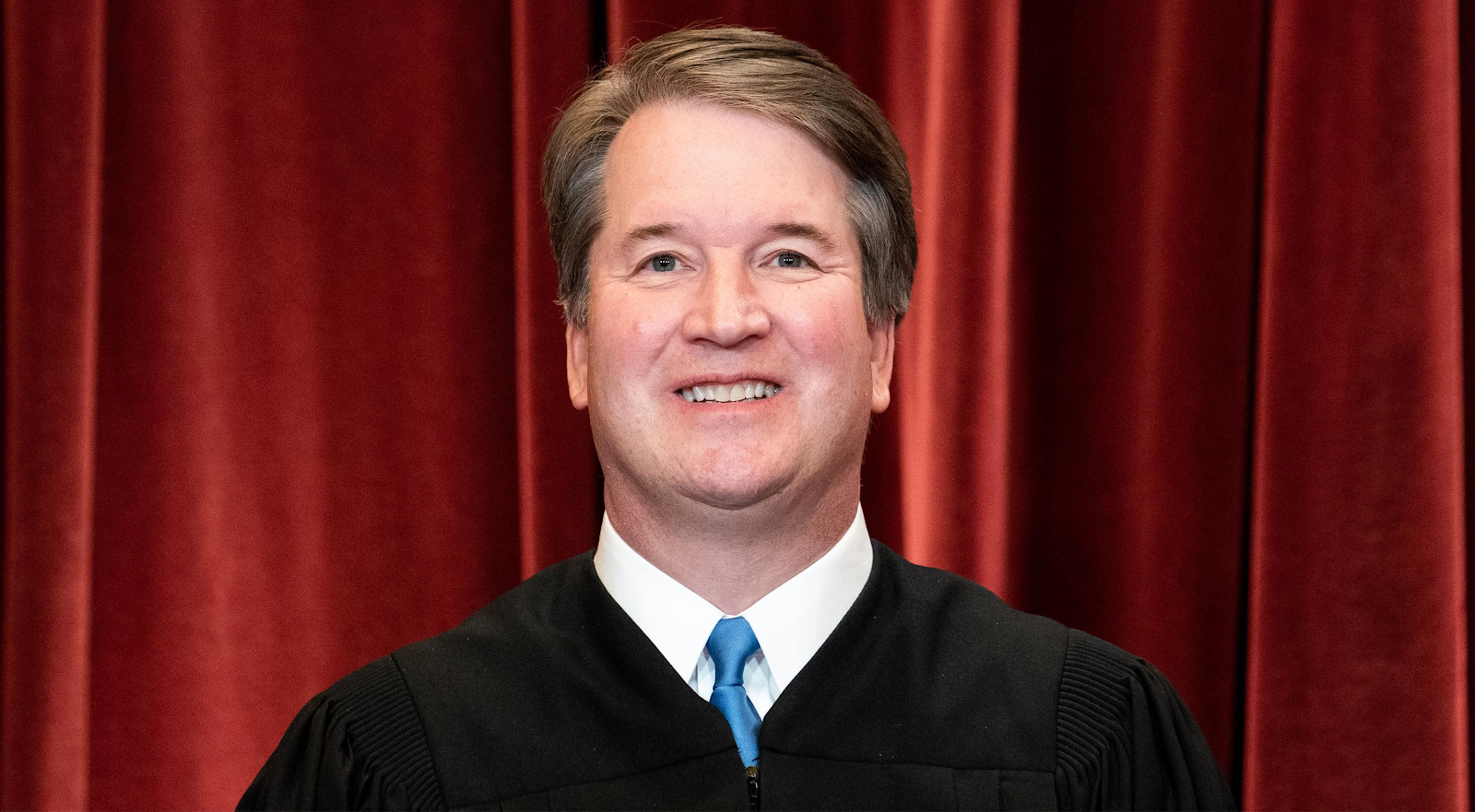At issue in the case is whether to allow the Catholic Church in Oklahoma to establish the nation’s first religious public charter school. If the court backs the Catholic school, it could pave the way for publicly funding Jewish schools across the country.
It is well known by now that Jewish education is facing an
unprecedented financial crisis. Without belaboring the point, let me briefly
state that the cost of a quality Jewish education has skyrocketed, making it an
increasingly insurmountable task for many families. The majority of religious
parents with four or more children cannot afford to pay the tuition that
reflects the actual cost per child. This is true even for families with incomes
well into six figures.
If the government were to fund these schools at any
meaningful level, it could change the trajectory for countless American Jews
who are gradually losing touch with their heritage. Jewish education would
become more affordable and accessible for parents who want to instill in their
children even a basic understanding of their Jewish identity. The public school
system doesn't—and shouldn't—offer this. And parents who themselves had little
Jewish education often have very little to pass on.
The challenge, of course, is the Establishment Clause of the
First Amendment, which prohibits the government from establishing or endorsing
any particular religion.
This clause has often been interpreted to mean that any
government-funded school must avoid teaching religious precepts, as doing so
would be seen as a form of endorsement.
Even accepting that interpretation, it does not mean that
the government cannot fund subjects that are clearly secular - like science,
technology, engineering, and math (STEM), or any of the other core curriculum
subjects taught in both public and parochial schools.
On the contrary, Justice Brett Kavanaugh has argued that
excluding a school from state funding simply because of its religious
affiliation constitutes ‘rank discrimination against religion’ Emphasizing
that such schools are merely seeking equal treatment - not special privileges.
I have long argued the same. Parents who want their children
to receive a rigorous religious education alongside a quality secular education
are being denied that right - simply for exercising their religious freedoms.
There is no justification for denying government funding for the secular
portion of the curriculum taught in religious schools. As Justice Kavanaugh
correctly notes, this is indeed discrimination against religious individuals.
 |
| Liberal Supreme Court Justice, Elena Kagan |
I’m not surprised by liberal Justice Elena Kagan’s
opposition to the idea of publicly funding religious schools. However, I was a
bit surprised by the argument she raised:
Kagan asked whether religious charter schools should be allowed to exempt themselves from curriculum requirements based on their doctrines. “Let’s say we’re up in New York, and there’s a Hasidic community that has a yeshiva, and it’s a very serious yeshiva, and what that means is that almost all the instruction has to do with studying Talmud and other religious texts,” she said. “Very little of it has to do with secular subjects. Almost none of the instruction is in English. Almost all of it is in Yiddish or in various ancient Hebrew-Aramaic languages.
“Does New York have to say ‘yes’ even though that curriculum is super different from the curriculum that we provide in our regular public schools?” Kagan asked McGinley.
That’s an easy one. The answer is: No. Obviously, the
government should never fund the religious portion of the education. That would
violate the Establishment Clause. If a school refuses to teach the core
curriculum subjects, it should not receive any public funding.
As noted in the JTA article:
New York recently closed multiple yeshivas that were not complying with a state law requiring all schools - public and private - to adequately teach basic secular subjects. The state’s crackdown is focused on Hasidic schools that critics describe in much the same terms used by Kagan in her example.
In other words, not only would religious schools that fail
to teach core curricula be excluded from receiving government funding, but some are already being shut down before receiving a dime. This should not be an
impediment to funding schools that do offer a proper secular
education. The money could easily be allocated for the secular portion only.
What about the concerns raised by progressives and teachers’
unions that funding private schools will drain resources from the public system
- particularly for inner-city kids?
Well, why should one segment of the population be
disadvantaged because another is being helped? Besides, with all the money
already being poured into public schools, they are still failing many
inner-city children. It seems to me that adding more money without reform is
just pouring it into a black hole. Perhaps we should focus on improving how
those children are educated before spending another nickel. But I digress.
Although conservative Justice Amy Coney Barrett has recused
herself from this case - probably due to her prior connection with the school
in question, I am still confident that the conservative majority that remains
on the Court - will be more inclined to defend First Amendment rights than
previous liberal-majority Courts, which often prioritized civil rights over
religious rights.
I am therefore hopeful that the Court will rule in favor of allowing the establishment of a Catholic charter school. Such a ruling would almost certainly open the door to Jewish charter schools as well. And that could spell long-awaited financial relief for hundreds of thousands of Jewish parents - and provide access to Jewish education for families who had once believed it was financially out of reach.
Making Jewish education in this country a brand new ball game.
